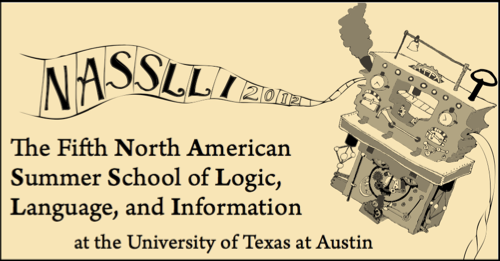Late talkers in any language
The next symposium that I'm planning to attend at AAAS 2012 is "Late Talkers in Any Language: Finding Children at Risk Worldwide", organized by Nan Bernstein Ratner. The abstract:
A major public health need worldwide is early identification of toddlers who are slow to talk. Early child language delay often signals other developmental problems and may limit eventual educational and vocational achievement. Thus, developing efficient, easily administered, universal toddler language instruments is critical. However, this step is also challenging because of cross-linguistic and cultural diversity and cost barriers. This session will present international research conducted over the past two decades that has made impressive progress toward achieving this goal by using standardized parent reports. Topics include the challenges involved in adapting the MacArthur-Bates Communicative Development Inventory (CDI) for use in numerous cultures and languages, strategies that have been successfully used to address these challenges, and major cross-linguistic universals as well as differences that have emerged from CDI adaptations for 69 languages. The panel will offer findings regarding identification of late talkers in four countries using the Language Development Survey, how to detect the correlates of persistent or transient early language delay, and associations with behavioral and emotional problems. Also presented will be how bilingual children master two languages concurrently, and how vulnerable bilingual late-talkers such as immigrant toddlers may be at risk for later educational or vocational failure if not properly identified.
Read the rest of this entry »


